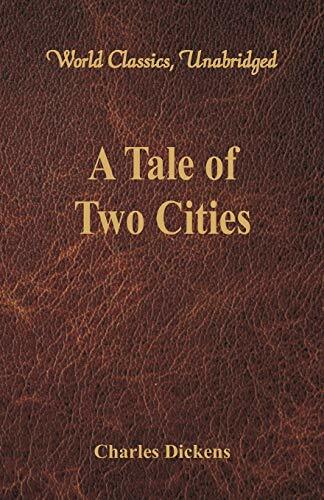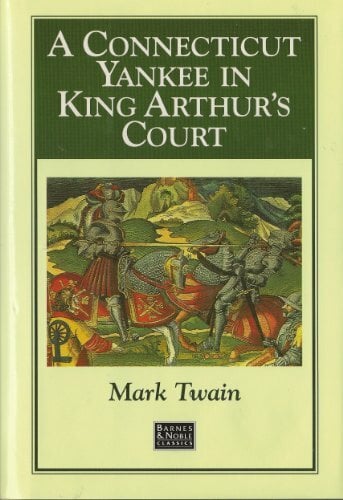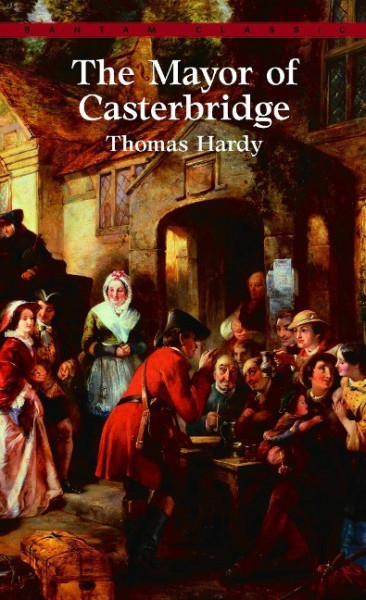
The Mayor of Casterbridge
Kurzinformation
inkl. MwSt. Versandinformationen
Artikel zZt. nicht lieferbar
Artikel zZt. nicht lieferbar

Beschreibung
From its spectacular opening-the astonishing scene in which drunken Michael Henchard sells his wife and daughter to a passing sailor at a county fair-to the breathtaking series of discoveries at its conclusion, The Mayor of Casterbridge claims a unique place among Thomas Hardy's finest and most powerful novels.Rooted in an actual case of wife-selling in early nineteenth-century England, the story build into an awesome Sophoclean drama of guilt and revenge, in which the strong, willful Henchard rises to a position of wealth and power-only to suffer a most bitter downfall. Proud, obsessed, ultimately committed to his own destruction, Henchard is, as Albert Guerard has said, "Hardy's Lord Jim...his only tragic hero and one of the greatest tragic heroes in all fiction. von Hardy, Thomas
Produktdetails

So garantieren wir Dir zu jeder Zeit Premiumqualität.
Über den Autor
Thomas Hardy, whose writing immortalized the Wessex countryside and dramatized his sense of the inevitable tragedy of life, was born at Upper Bockhampton, near Stinsford in Dorset in 1840, the eldest child of a prosperous stonemason. As a youth he trained as an architect and in 1862 obtained a post in London. During his time he began seriously to write poetry, which remained his first literary love and his last. In 1867-68, his first novel was refused publication, but Under the Greenwood Tree (1872), his first Wessex novel, did well enough to convince him to continue writing. In 1874, Far from the Maddening Crowd, published serially and anonymously in the Cornhill Magazine, became a great success. Hardy married Emma Gifford in 1878, and in 1885 they settled at Max Gate in Dorchester, where he lived the rest of his life. There he had wrote The Return of the Native (1878), The Mayor of Casterbridge (1886), Tess of the d'Urbervilles (1891), and Jude the Obscure (1895).With Tess, Hardy clashed with the expectations of his audience; a storm of abuse broke over the "infidelity” and "obscenity” of this great novel he had subtitled "A Pure Woman Faithfully Presented.” Jude the Obscure aroused even greater indignation and was denounced as pornography. Hardy's disgust at the reaction to Jude led him to announce in 1869 that he would never write fiction ever again. He published Wessex Poems in 1898, Poems of the Past and Present in 1901, and from 1903 to 1908, The Dynast, a huge drama in which Hardy's conception of the Immanent Will, implicit in the tragic novels, is most clearly stated.In 1912 Hardy's wife, Emma died. The marriage was childless and had been a troubled one, but in the years after her death, Hardy memorialized her in several poems. At seventy-four he married his longtime secretary, Florence Dugdale, herself a writer of children's books and articles, with whom he live happily until his death in 1928. His heart was buried in the Wessex Countryside; his ashes were placed next to Charles Dickens's in the Poet's Corner of Westminster Abbey.

- paperback
- 496 Seiten
- Erschienen 1989
- Penguin Books Ltd

- paperback -
- Erschienen 1983
- Penguin Books
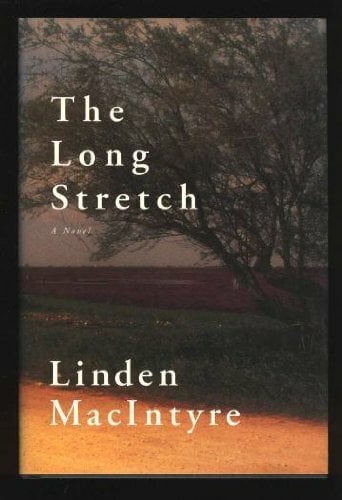
- hardcover
- 252 Seiten
- Erschienen 1999
- Stoddart Pub

- paperback -
- Erschienen 1984
- Bellerophon Books












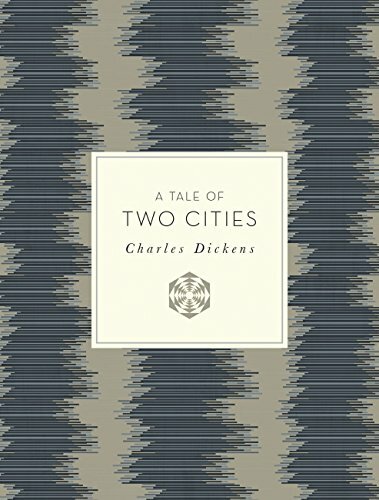





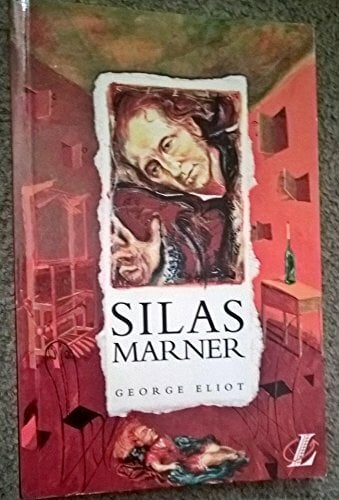


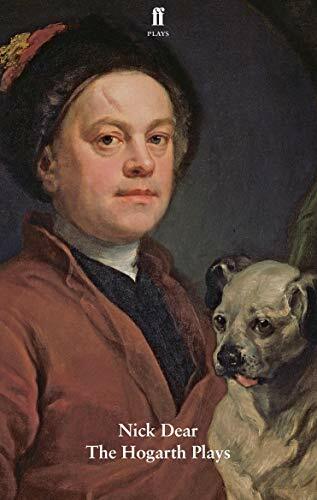

![({A TALE OF TWO CITIES}) [{ By (author) Charles Dickens, Introduction by Simon Schama }] on [March, 1993] ({A TALE OF TWO CITIES}) [{ By (author) Charles Dickens, Introduction by Simon Schama }] on [March, 1993]](https://d3k2uuz9r025mk.cloudfront.net/media/image/ff/ca/2f/1746689307_539502918871.jpg)


